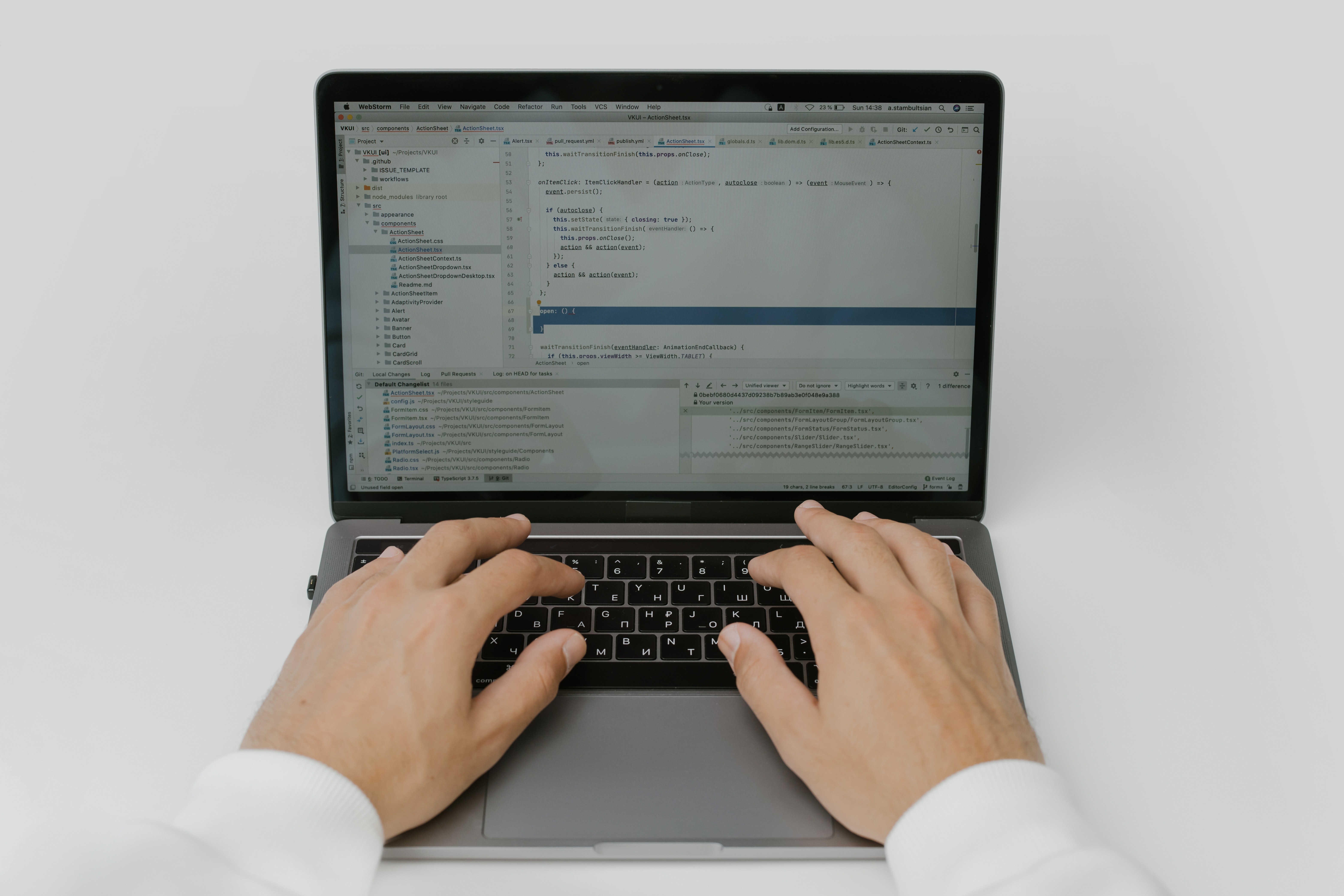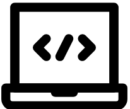
Do you want to learn coding?
Do you want to make your career as a website developer or mobile app developer or any field in software engineering?
Do you want your customized software for your business or a startup?
Are you looking for a job in the IT Industry but don’t know how to get one.
Here, I will discuss 8 different steps of how you can start learning to code at your home and be proficient in it.
- 1. Choose the agenda, why you want to be a coder?
- 2. Choose the programming language you want to start learning with.
- 3. Practice while you learn.
- 4. Keep coding standards in mind
- 5. Join an online community
- 6. Publish your code in version control systems
- 7. Take a project of your choice and practice your learning.
- 8. Write Blog Posts or make videos and publish them publicly
- Final Words…
1. Choose the agenda, why you want to be a coder?
First and foremost, you need to have a goal or agenda of why you want to learn to code. There are many reasons why you should learn coding. But also you should have the right outcome in your mind for learning.
This is not only for coding but for any skills you want to learn in your mind. You should have a clear idea or a vision of why you are going to do this.
For example, I started learning to code because I love to make websites and mobile applications.
2. Choose the programming language you want to start learning with.
To start learning to code, you need to choose a programming language to work with. There are many programming languages you can start with and are also trending in the corporate industry.
But I suggest you start with C Language which will make your basic concepts of programming very clear. Then you can move to the Object-Oriented programming language you would like to go with.
The list of Objected-Oriented Programming Language you can choose to start learning is as below:
- Java
- Python
- Ruby
- C++
3. Practice while you learn.

When you have decided on your programming language, start reading some books and articles about the language you want to start with.
By reading books, you will clear theoretical concepts of those programming languages which will help you to code practically.
By reading the articles and tutorials, you learn the syntaxes and actual implementation of theoretical concepts which you learn from books.
But that’s not all, you also need to practice along with your learnings. This practice makes your concepts more clear and you get grip on what you have learned so far.
For practice, you need to
- Install a code editing tool in your system or choose an IDE online.
- Choose a simple project of your choice
- Practice the tutorials you learn and implement in your project.
4. Keep coding standards in mind
When you start to practice coding, make sure you learn about coding standards. This will help you or your friends and colleagues to read the code in a better way.
Having coding standards keeps the code clean and anyone can modify the code later when you are not in place without affecting the whole project.
5. Join an online community
When you are good at practicing tutorials, your code will run successfully as the code is already being tested and run by someone.
But when you actually implement the same concept in your project, it may happen you get an error or you do not find logic on how to build that functionality or feature. Sometimes the error is so difficult to understand as a newbie that you are not able to debug it on your own.
In other case, you may also have some doubts when you learn a new concept.
The best way to get help is to join an online community. Online communities like stackoverflow.com provide all the solutions regarding your errors or doubts. These are online forums so you can also ask the question if you don’t find the exact solution and also help other fellow mates if you know the answer.
6. Publish your code in version control systems
When you complete a code at the end of the day, publish your code in version control systems like GitHub, Git, or GitLab. This will help you to backup and revert the code if you run into an error any day in the future.
Keeping your code also helps you to use the same code for later-on projects when you want to use the same functionality.
Version Control Systems also helps you to collaborate with your colleagues and merge different modules of a single project successfully and keep the updated version centrally for all to use it.
7. Take a project of your choice and practice your learning.
Now when you have understood the basic concepts and practice them, get s simple project of your choice and implement what you learn.
Choose a project in such a way that all your concepts are covered in a single project.
This will also help you to build your portfolio when you apply for a job and stand out from the competition.
8. Write Blog Posts or make videos and publish them publicly

There’s a practice for every successful person in the world. They write a journal at the end of the day of what they learn or experience.
Similarly, write blogs every day on what you have learned so far. If you don’t love to write, you can make videos as a screen recording of what you code and explain what you do and upload them on Youtube.
These two things will make your concepts more clear and you will feel confident while you code.
Final Words…
Never stop learning and make yourself updated with the latest programming languages and trends going on in the corporate world.
Keep Learning and do remember
“Everybody should learn to program a computer, because it teaches you how to think.”
– Steve Jobs
Thank you for reading my blog post. I hope you got a clear idea of how to start to learn to code. And will also start soon. Share feedback on how you like this post and what kind of post you would like to read from me in the future. Have a good day.
This blog post will be updated soon.
